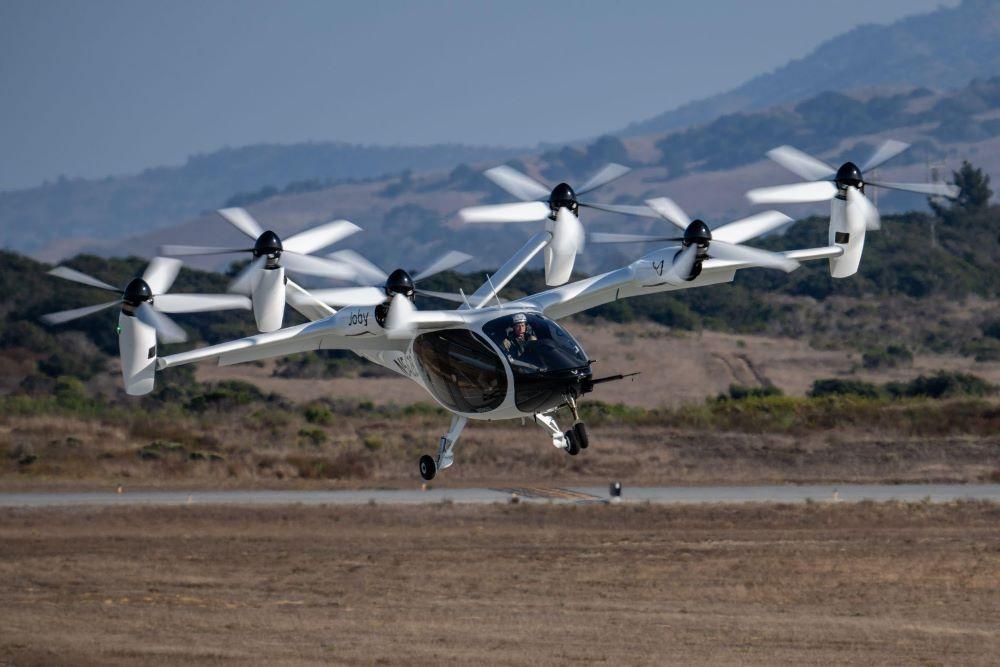This article is published in Advanced Air Mobility part of Aviation Week Intelligence Network (AWIN), and is complimentary through Nov 05, 2024. For information on becoming an AWIN Member to access more content like this, click here.

Joby has raised roughly $3 billion to date, more than any other eVTOL startup.
Joby has finalized a share sale worth $232 million, adding to its industry-leading cash position as it seeks to prepare the way for type certification and entry-into-service of its S4 air taxi.
The transaction saw Joby issue 40 million shares at $5.05/share, raising about $200 million. The underwriters of the deal were also granted rights to sell a further 6 million shares for $32 million, which they exercised late last week, according to a filing with the U.S. Securities and Exchange Commission.
The new funding builds on Joby’s cash balance, which stood at $825 million at the end of the second quarter, more than any other electric vertical-takeoff-and-landing (eVTOL) startup. Prior to the latest share sale, the company had raised nearly $2.8 billion, nearly a third of which has come from Toyota, which signed a strategic funding agreement worth up to $500 million earlier in October.
Reacting to the news, Canaccord Genuity analyst Austin Moeller wrote that he was “somewhat puzzled” by the timing of the share sale, observing that Joby already has the strongest balance sheet in the industry. But he also notes that Joby is currently in the process of standing up its high-rate production facility in Dayton, Ohio, while at the same time working to manufacture additional full-scale prototypes for its FAA type certification campaign at its low-rate facility in Marina, California.
Sergio Cecutta, an analyst with SMG Consulting, points out that Joby has greater funding needs compared to some of its rivals, as the company does not sell aircraft in favor of operating its own Part 135 airline. While he estimates it will take at least $1 billion to certify an eVTOL–and likely much more–he pegs the cost for an OEM/operator like Joby at closer to $3-4 billion.
“With this additional raise, Joby is approaching that $3 billion mark, and I think that’s going to give them more flexibility as far as entry-into-service is concerned,” Cecutta says.
Joby is currently targeting FAA type certification in time to enable first U.S. services in 2026, although the company hopes to launch services before the end of 2025, beginning in the UAE.





